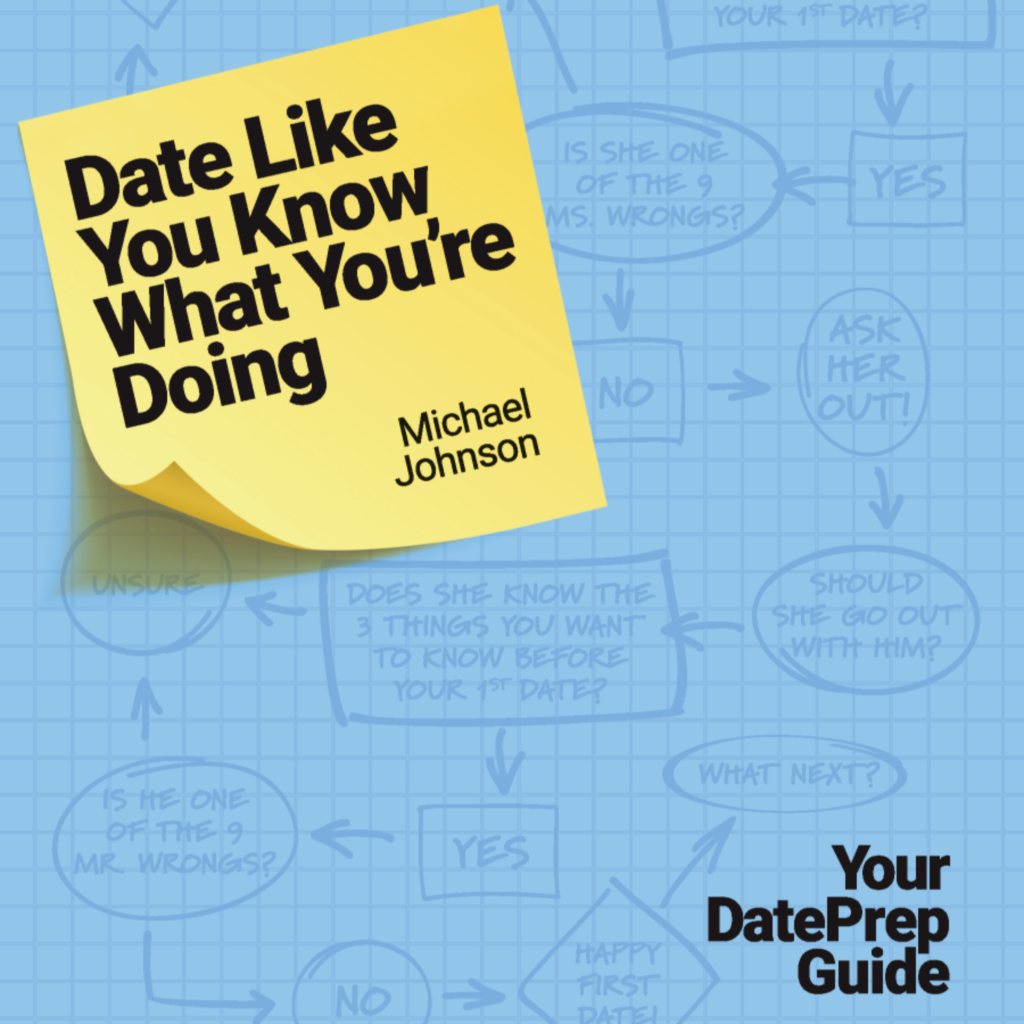 What is it about wanting a boyfriend or girlfriend before you’re old enough to drive, or even mature enough to carry on an intelligent conversation with your “bae?”
What is it about wanting a boyfriend or girlfriend before you’re old enough to drive, or even mature enough to carry on an intelligent conversation with your “bae?”
Why does joining the “IN crowd” of your friendly neighborhood high school feel so INcredible?
And how does walking around a college campus with the letters of a dead language on your chest mystically confer the confidence of a Greek god?
All three of these social arrangements offer you the benefits of intimacy impostor #4.
As a child you could be content with attention. Maybe a LOT of attention. (“Look, Mommy! Look Mommy! Look Mommy!”)
Then, as you near middle school, you start running on the “acceptance treadmill,” trying to fit in. However, even if you’re actually able to keep up that pace you find the social “fitness” you achieve doesn’t satisfy.
That’s when you start longing for influence. But, surprisingly, even if you manage to get elected…
- Senior class president
- Prom king (or queen) AND…
- Captain of the football team (or cheerleader squad)
…you eventually discover you still want more.
You see, your relational needs run far deeper than the pleasure of attention, the peace of acceptance or the power of influence can take you. Because what you want to discover through relationships is:
- Who you are
- Why you’re here
And only relational intimacy shared with those who know and love you well can tell you that.
However, without this understanding, when attention, acceptance and influence let you down, you’ll likely seek to find your identity and purpose from EXCLUSIVITY. And when you do, you’ll take a step further away from healthy life-giving intimacy.
Why?
Because exclusivity isn’t just an intimacy impostor. It’s the anti-intimacy.
Intimacy is about growing closer to other human beings, but exclusivity is about standing apart from other human beings. Not every human being, of course, but most of them. Well, more accurately, all of them who aren’t in the exclusive relationship you share with your club, clique, team, gang or lover.
Of course there’s nothing inherently wrong with any of these social constructs, but even church membership will prove unhealthy for you, if the reason you join is to be IN, while others are out.
Personally I was no more interested in joining a college fraternity than I was in joining a senior citizen Zumba class, but the exclusivity of a romantic relationship drew me like the mythological moth to the metaphorical flame. Indeed, I got burned by that fire many many times. Still, I never gave up, because I was convinced that once I finally belonged exclusively to one other person, all of life’s questions would be answered.
Well they weren’t. At least I didn’t get the answers I was hoping for.
However, successfully maintaining exclusive relationships can fool you into feeling like you’re getting all of your important relational needs met. Indeed, hanging with the “IN crowd” can give the impression of intimacy like almost nothing else. This is true whether it’s the most popular clique at school, the nerd herd with the best grades in school, the LGBT group which meets after school, or the inner city gang with no interest in school at all.
Why is that? We’ll discuss that next week, but it’s likely, if you think about it, maybe even pray about it, you’ll discover it all on your own. And those are always the most impactful lessons learned.
To guide you toward that end, consider discussing these questions with one or more friends:
- Are you naturally attracted to exclusive groups like clubs, cliques, teams or dating relationships? If so which ones?
- What attracts people to the “inner circle?” And why do those who are “in” feel so close to each other? If it’s not intimacy that binds them, what does?
- How could you see the desire for exclusivity hindering someone from growing in intimacy.
- Have you ever seen the intimacy impostor of exclusivity operating in a church environment? How so? And were you on the inside or the outside?
DNA: It’s What’s For Dating
Dug this weekend’s DNA? Tell your friends by liking or commenting on our FMU Facebook page or on your own Facebook page by clicking the button below.
The LoveEd study guide series, Beyond Sex & Salvation, will empower you to prepare for relational success when it counts: BEFORE YOU FALL IN LOVE! It’s NOT for couples, but for any wise individual who thinks they might want to get married sometime before they die. Check out the first two 8-lesson study guides in our store. You can walk through it on your own, but it’s more fun with friends, so consider putting together an FMU LoveEd small group study. Even better? And ask a married couple you respect to lead it!




